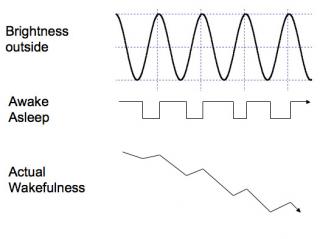A couple of articles I came across today may be of interest to fellow students. The first, from New York Magazine, discusses possible perverse effects upon learning that arise due to how people understand intelligence. Specifically, people who believe themselves to be intelligent are more likely to choose easy tasks and less likely to apply themselves. Another article, on the website of the Association for Psychological Science, discusses ‘The Myth of Prodigy.’ It is about Malcolm Gladwell, author of The Tipping Point.
While I cannot really comment on the validity of the experimental results posited, the general idea does have the ring of truth to it. Intelligence, I think, is generally more likely to be a source of insecurity than confidence. It can always be proven hollow, or outdone by someone else. What that seems to happen, the trend is likely to sustain itself. This I have seen in both friends and myself. It may have a lot to do with why I never learned to drive or dance, and am rather hesitant to display my ineptitude at either.
PS. As with so many other items of interest, I first found this on Metafilter. On one hand, I feel bad for just grabbing their content. On the other, I recognize that it is a very efficient way of finding interesting material. Furthermore, I am driving traffic in their direction.

